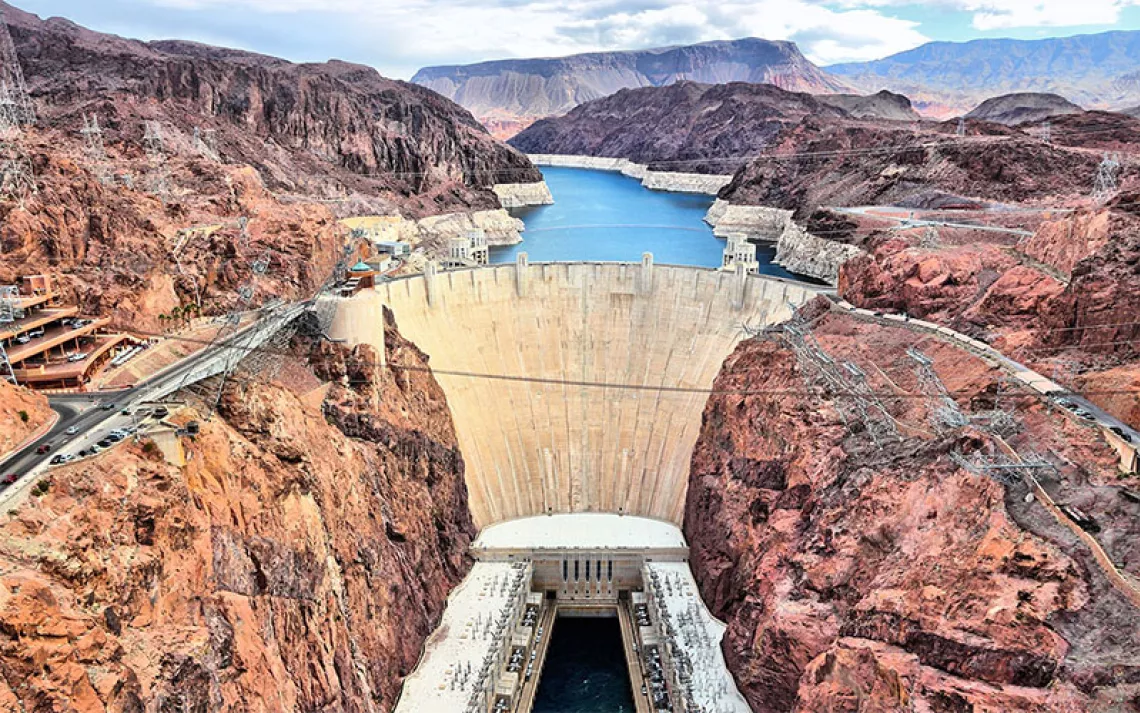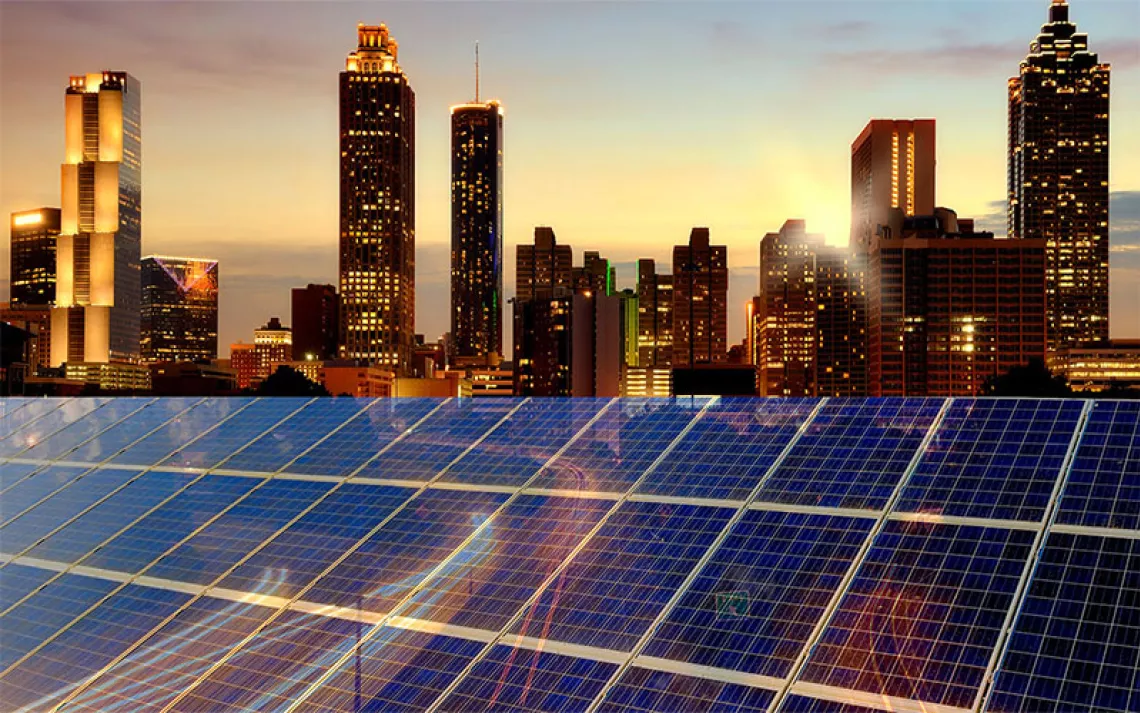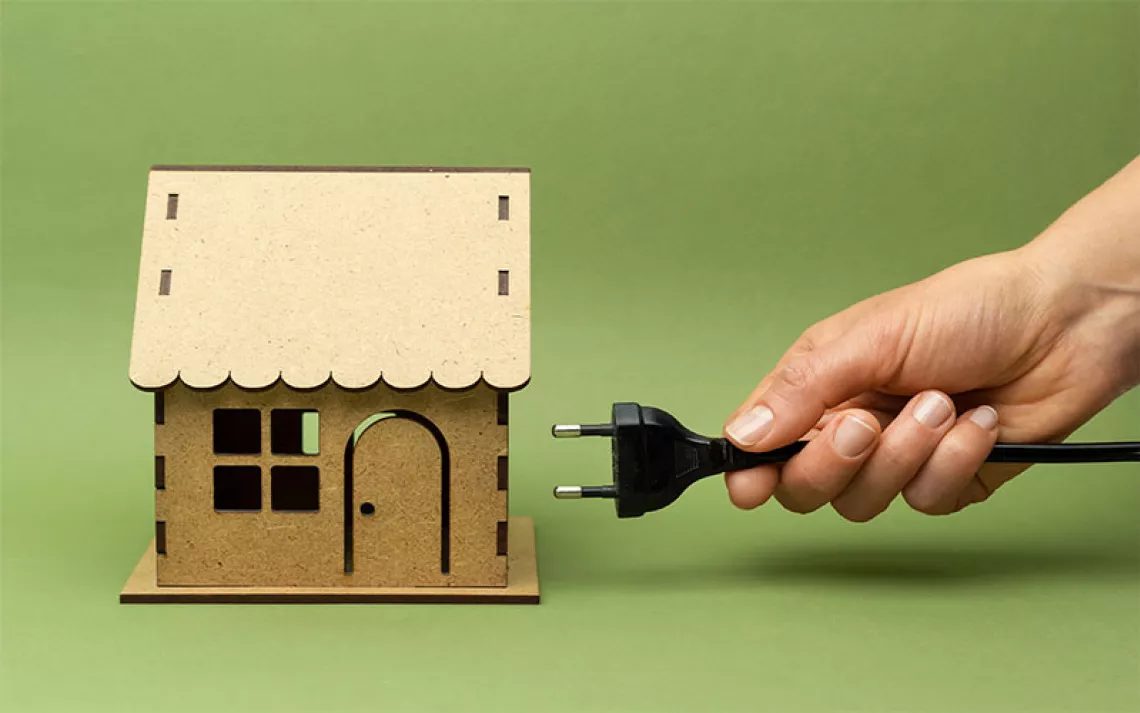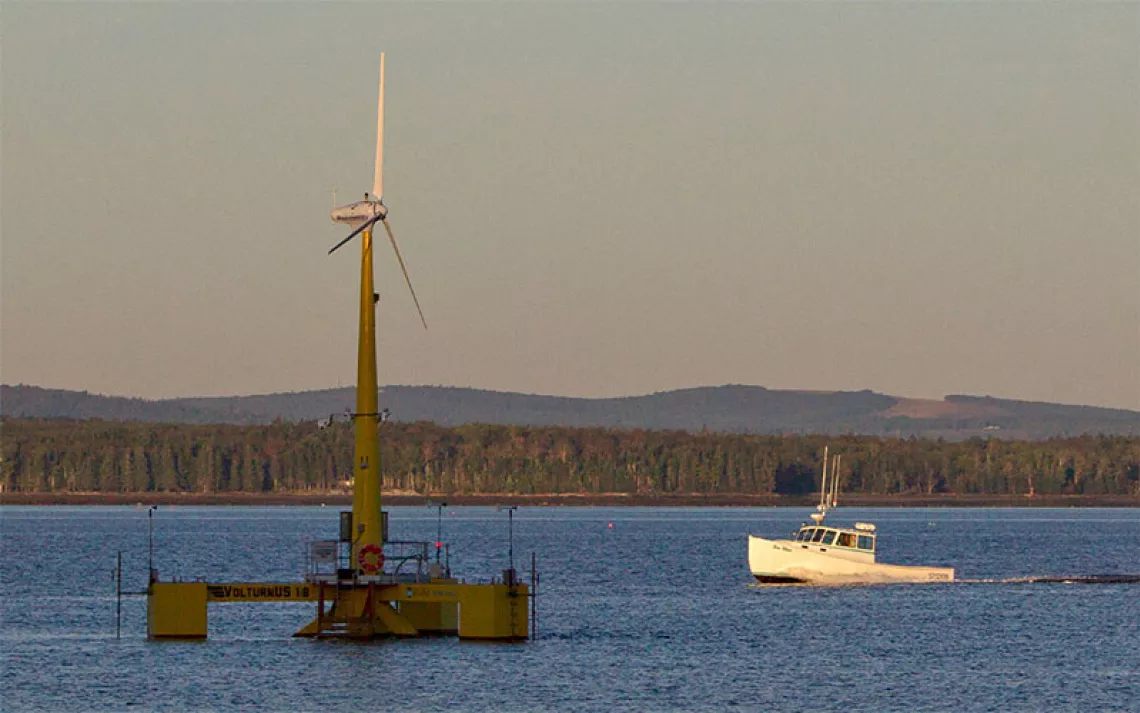Forget "Alternative"—Renewable Energy Has Gone Mainstream
Renewable energy is no longer fringe. Instead, it's the cutting edge.
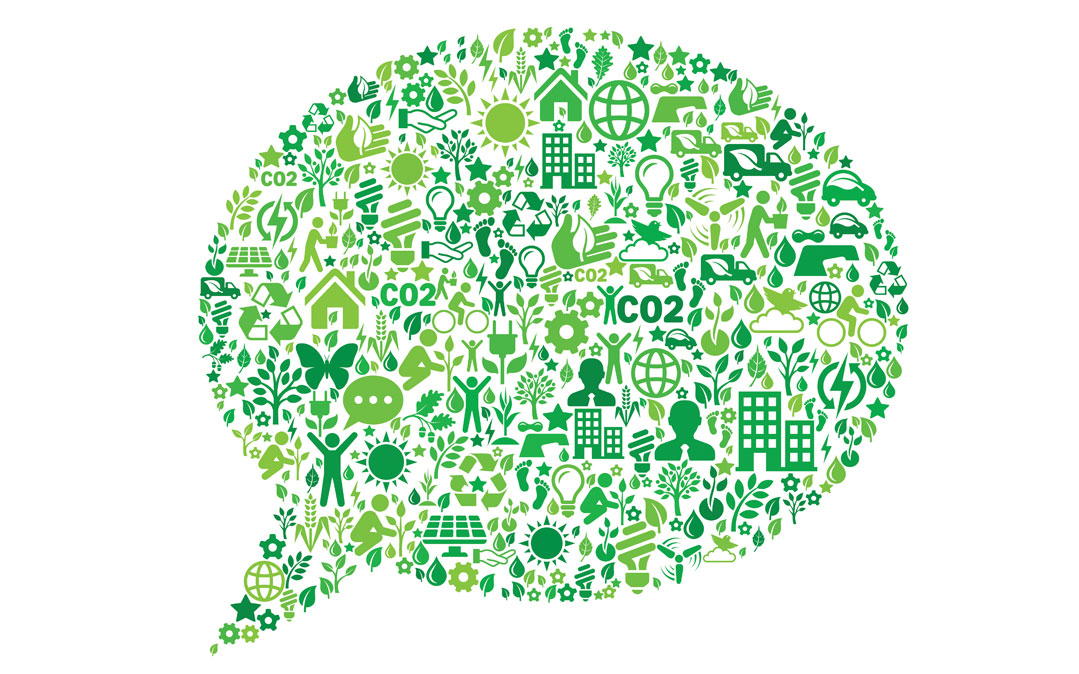 As the cofounder of an urban farm dedicated to sustainable practices, I get annoyed when people refer to centralized, chemically intensive, and highly mechanized farming as "conventional agriculture." Think about it: For 10,000 years, humans practiced a form of agriculture that didn't rely on toxic pesticides and fossil-fuel-based fertilizers. Today, that style of farming has a special designation—organic—which requires a cumbersome certification. Meanwhile, industrialized agriculture has been around for barely a century, but it's labeled as conventional. To me, it's all backward.
As the cofounder of an urban farm dedicated to sustainable practices, I get annoyed when people refer to centralized, chemically intensive, and highly mechanized farming as "conventional agriculture." Think about it: For 10,000 years, humans practiced a form of agriculture that didn't rely on toxic pesticides and fossil-fuel-based fertilizers. Today, that style of farming has a special designation—organic—which requires a cumbersome certification. Meanwhile, industrialized agriculture has been around for barely a century, but it's labeled as conventional. To me, it's all backward.
Similarly, it drives me nuts when I hear environmentalists use the phrase "alternative energy." I suppose wind, solar, and geothermal power are currently alternatives to fossil fuels. And I understand that renewable energy technologies still represent a tiny percentage of civilization's total power generation. But it seems like a sloppy way to talk about the energy future we need.
Alternative—it just sounds so, well, '90s-era Seattle grunge. Maybe there's an element of hipness associated with the word, but declaring yourself alternative can be marginalizing. When it comes to social change, "alternative" is a rhetorical cul-de-sac; it keeps us trapped in a minority status.
More to the point, "alternative" is becoming less and less accurate as a description for renewable energy. As Marc Gunther reports in our cover story ("The 100 Percent Clean Energy Economy Is Closer than You Think"), a clean energy economy is within sight. Major corporations are recognizing that renewable energy will soon be the rule, not the exception, for how we do business. Cities are catching on, too. I don't mean just towns like Aspen, Colorado, but also places like San Diego, which, in many ways, is a typical U.S. city.
So please, let's lose the term "alternative energy" when talking about wind turbines and solar panels. It just makes the environmental movement sound fringe. In fact, we're the cutting edge.
 The Magazine of The Sierra Club
The Magazine of The Sierra Club
